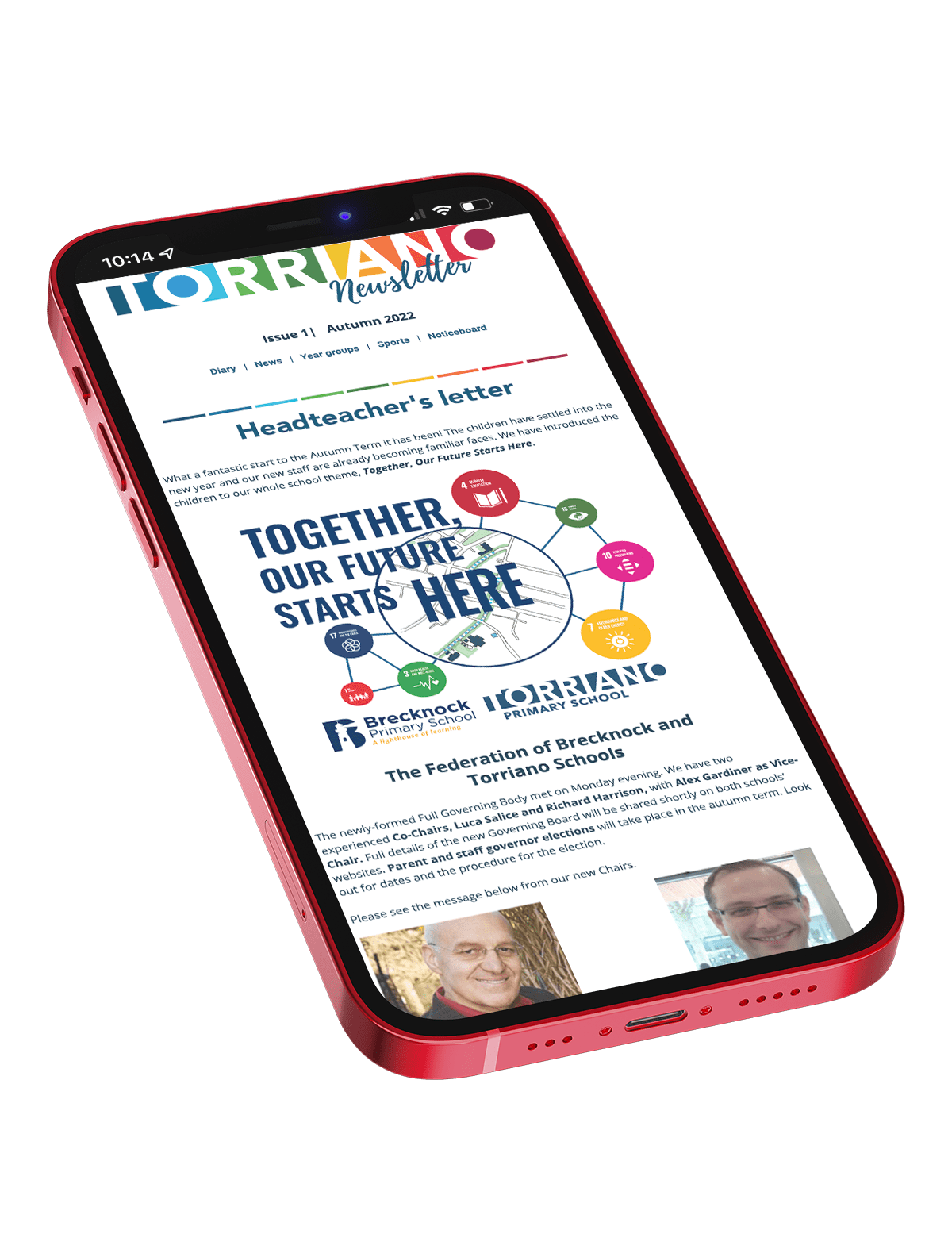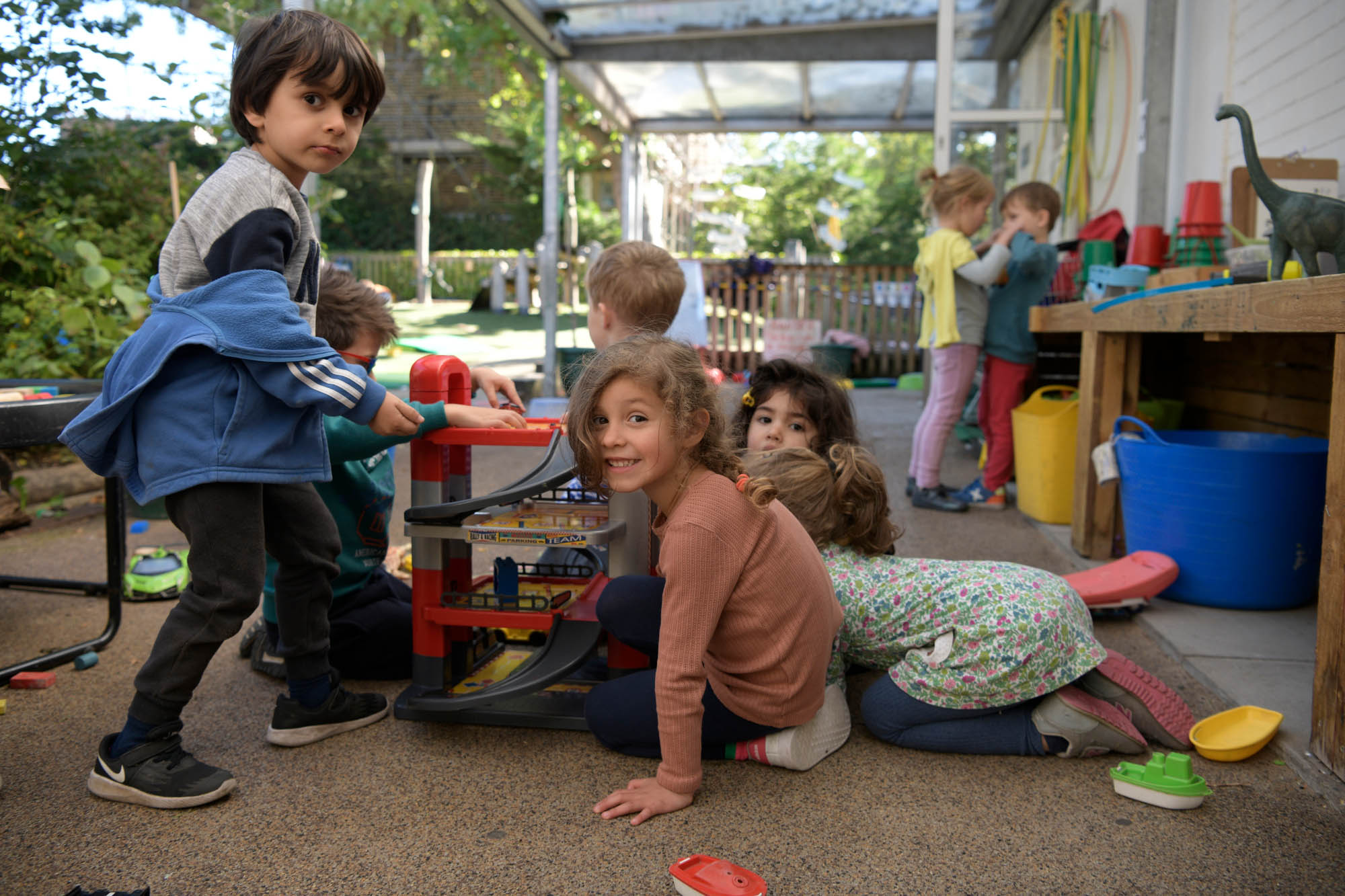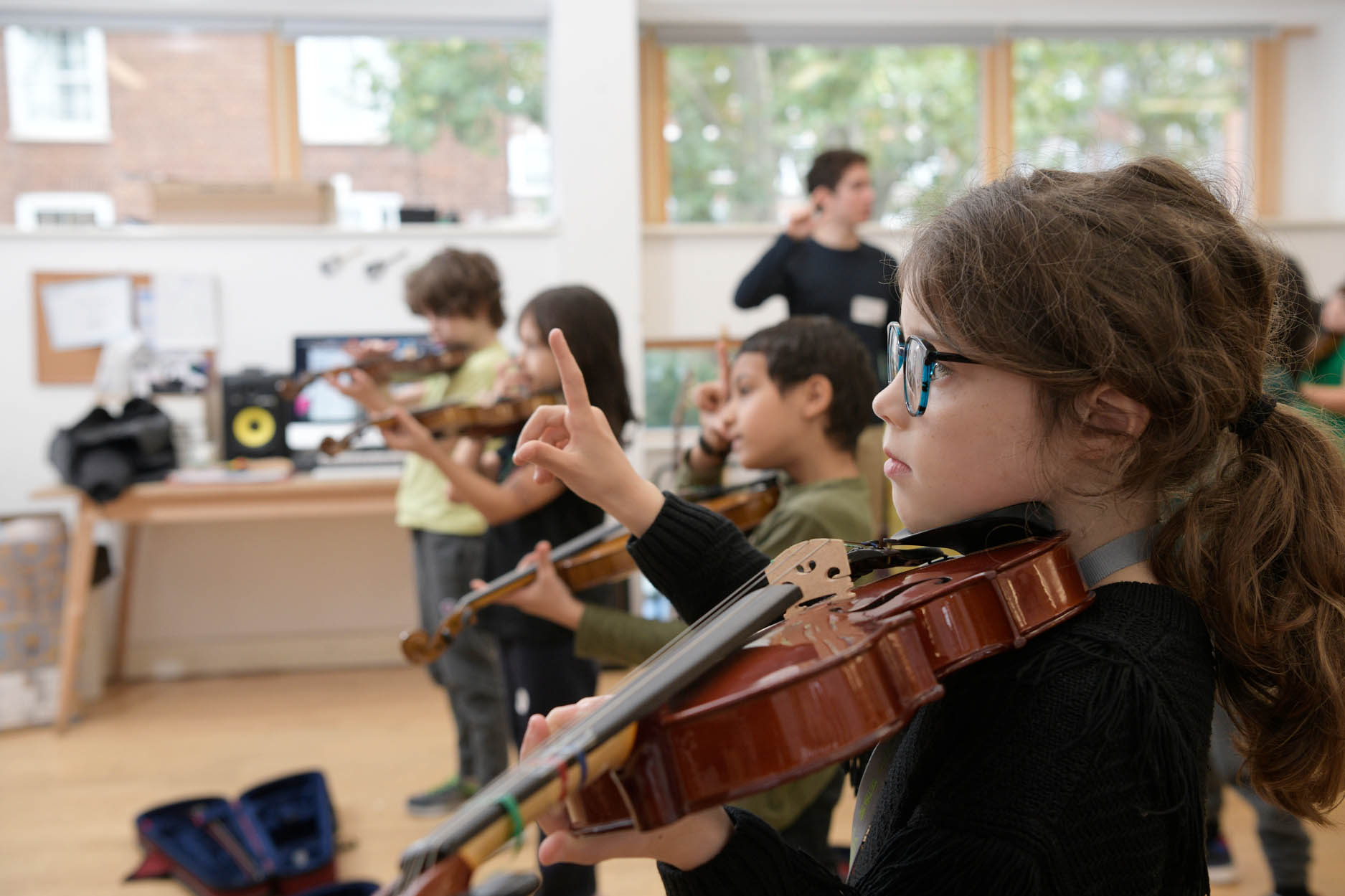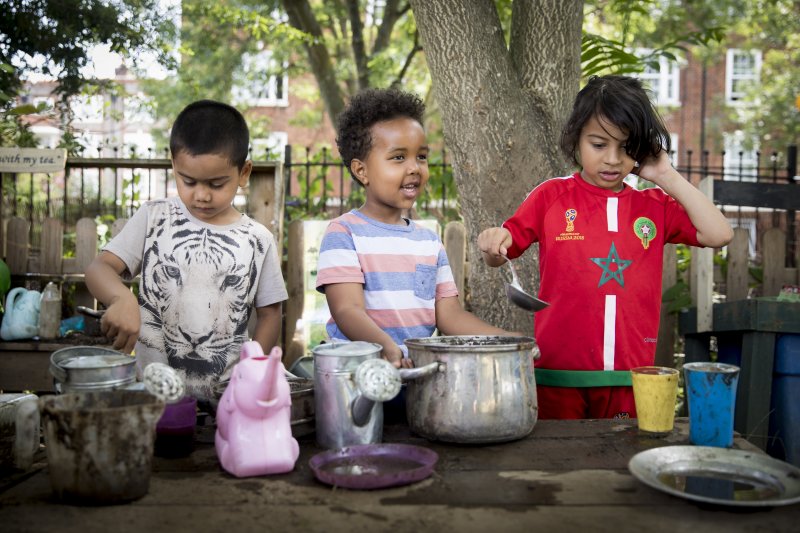Intent
Geography at Torriano inspires the children to see themselves as geographers. The curriculum enables them to fully understand the interaction between human and physical geographical processes. Children access a range of thematic and regional studies, placing their identity and locality at the heart of learning, establishing connections on a local to global scale. They are taught to apply their skills and knowledge to understand why the world is the way it is today, and what it will be like in the future. Knowledge and skills are taught in a way that enables the children to enquire, carry out fieldwork and develop expert map skills. Geography is present in every topic across the curriculum, providing a rich web of knowledge and skills to help connect learning.
Knowledgeable learners

- The geography curriculum has geographical skills and knowledge (place, locational and physical and human geography) at its core.
- It reflects the aims and content of the National Curriculum at each key stage. This begins in the Early Years with the ‘Understanding the World’ strand of the EYFS framework.
- Children acquire key knowledge, understanding and skills related to a range of geographical themes and regions.
- They are taught to recall and apply their knowledge in order to demonstrate their geographical enquiry and thinking, whilst making connections and comparisons between places, people, resources and natural and human environments and the Earth’s key physical and human processes.
- Lessons will be contextualised to make them purposeful, ensuring that children understand the relevance of the geography curriculum and how it can explain and impact the world around them.
- Children will build upon their knowledge, understanding and skills as they progress through the school.
Confident communicators

- Children will develop the ability to carry out fieldwork and enquiry in order to communicate and express their findings or data.
- A range of oracy activities and techniques will be used to ensure that subject-specific geographical vocabulary is learnt by all children.
- Lessons will support children to suggest and respond to geographical questions, using a dynamic range of vocabulary in order to explain, debate and justify. They will be able to use a range of primary and secondary geographical sources to help inform and draw conclusions.
- Children are taught to communicate geographical information in a variety of ways, including through maps, numerical and quantitative skills and writing at length.
Active citizens

- In developing the children’s geographical understanding, this helps to develop their own identity and place in the world, empowering them through work on global issues, giving them the agency to act upon injustices and tackle the status-quo.
- Geography acts as the spark to ignite our children’s fascination and love for the world, in order to sustain lifelong learning and the agency to make a difference.
- Geography aims to create a sense of agency and advocacy in children. By understanding the interaction between key physical and human processes children will start to appreciate the necessity to enact change, the SDGs act as a vehicle for them to navigate how and why change can occur. The UN’s Sustainability Goals provide a framework to engage children to link their geographical knowledge and skills to real life issues that will impact their future, e.g. sustainability, pollution. STEAM education at Torriano provides the opportunity for children to explore these issues, supporting whole school projects to rewild the local community and reduce air pollution.
- The curriculum includes learning about the environmental impact of human and physical geography within key units e.g. Brazil, Rivers and Tectonics. Children visit contrasting localities as part of their fieldwork and residential trips, both contrasting the UK and European locations.
Implementation


- The National Curriculum aims and key geographical skills and knowledge shape the discrete lesson taught within topics. Each year group has objectives embedded within the four key areas of geographical knowledge; place knowledge, locational knowledge, human and physical knowledge and geographical knowledge and fieldwork. This progression approach supports the layering of new knowledge and skills on secure foundations which are recapped constantly.
- Topics are carefully chosen on a thematic and regional basis in order to progressively deepen understanding, moving from the familiar and concrete to the unfamiliar and abstract.
- Teaching resources will avoid creating single images or reinforcing harmful stereotypes of countries or societies by being balanced and well thought out in order to create an accurate impression.
- Curriculum content is chosen to enable pupils to gain a sense of identity and ownership through what is being taught, placing their community at the heart of geography learning in order to connect with the wider world e.g. Jamaica study, Rivers study
- Learning journeys show clear progression within each unit of work. Units of work are also supported by Knowledge Mats, Knowledge Quarters and relevant maps in every classroom. The learning environment supports this; these resources are visible in every classroom and used to pre-teach, build on and re-cap previous learning.
- In EYFS the ‘Understanding the world’ learning guides children to make sense of their physical world, their community and the environment.
- In KS1, children develop knowledge about the world, the United Kingdom and our locality, Camden.
- In KS2, children extend their knowledge and understanding beyond the local area to include Europe, North and South America.
- Fieldwork is a vital part of the geography curriculum. All year groups spend time carrying out fieldwork within the school grounds, the local area, London and in KS2 in other parts of the country and Europe. These growing experiences will give the children a sense of scale, locality and the world around them.
- All children including those who have SEND or are disadvantaged are supported to fully access the geography curriculum through our adapted curriculum approach, which includes visual prompts, oracy scaffolds and targeted adult support.
- Home learning supports the reinforcement and re-learning approach, building on and harnessing the power of technology. Termly and weekly quizzes are given to children to encourage the fluent retrieval of key facts.
- A combination of direct instruction, collaborative enquiry and planned opportunities to practice and over-learn ensures understanding and progress in learning.
- Teachers have high expectations of all pupils, all of whom are expected to be active contributors in lessons.
- Explicit vocabulary teaching is included in the delivery of our curriculum and is carefully planned.


Impact
Through our geography teaching and learning, pupils should be able to recall knowledge, understand the physical and human geographical features and these relate to key processes, use geographical vocabulary and develop geographical skills and enquiry.
We measure the impact of our geography curriculum in various ways.
- Pupils should be able to recall key facts and information, use subject specific vocabulary and use their geographical skills. We look at children’s ability to talk confidently about their learning, recalling key facts and concepts. This may be through pupil voice conferences, or through teachers’ formative assessment of pupil talk in class.
- Monitoring processes, such as book looks, track the progression of children using their geography skills and practising the recall of key knowledge.
- Planning audits are used to support teachers in delivering high quality lessons.
- Pre and post assessment tasks are planned for each geography unit.
- Low stakes quizzes are used, such as those used to recap previous learning at the start of lessons, or those used as part of home learning.
- Formative teacher assessment and marking takes place in each individual lesson and can be given verbally, this includes for fieldwork.

Please click for the Torriano geography progression document.





